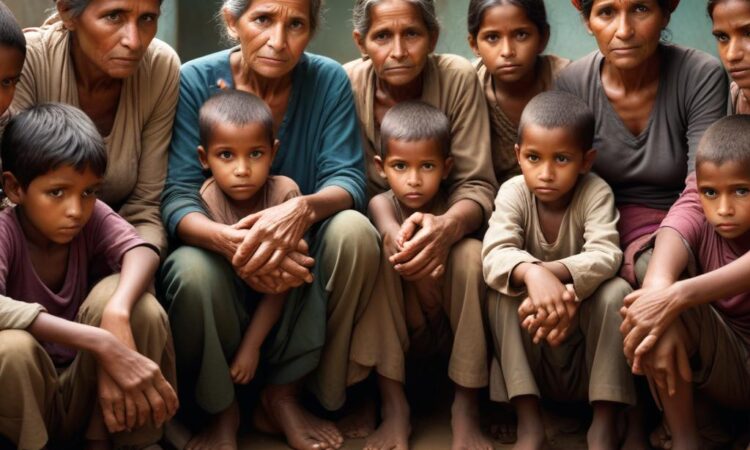Faisal Islam’s Take: Benefit Changes Hitting Hundreds of Thousands
Okay, so Faisal Islam, that well-known BBC business editor, has dropped some serious truth bombs about the upcoming changes to the benefits system. And let’s be honest, it’s not looking pretty for a whole lot of people.
He basically said that we’re talking hundreds of thousands of people who are going to be directly affected. That’s a massive number, folks. We’re not talking about a few tweaks here and there; this is a significant overhaul.
And his main concern? It’s not so much about whether these changes are actually going to improve people’s lives or create a fairer system – it’s more about balancing the budget. Islam suggests the whole thing feels more like a frantic attempt to make the numbers look good on paper rather than a genuine effort at welfare reform.
The Numbers Game
This isn’t just some random opinion either. Islam’s been covering economic policy for ages, so he knows what he’s talking about. His point is that the government seems far more focused on hitting specific financial targets than it does on the actual human impact of these changes. It’s easy to get lost in spreadsheets and targets, but let’s not forget the real people behind those numbers.
Think about it: When you’re talking about hundreds of thousands of people, even small changes in benefits can have a huge ripple effect. We’re talking about families struggling to put food on the table, people unable to pay rent, and communities facing increased hardship.
Beyond the Budget
Islam’s comments highlight a wider issue, which is the often-overlooked human cost of policy decisions. While fiscal responsibility is undeniably important, it shouldn’t come at the expense of human well-being. A truly effective welfare system needs to balance budgetary concerns with a compassionate and pragmatic approach that supports those most in need.
It’s easy to get bogged down in the complex details of government policy, but at the heart of this debate is a simple question: Are we building a society that truly cares for its citizens, or are we simply prioritizing numbers over people?
Islam’s words serve as a stark reminder that we need to look beyond the spreadsheets and consider the real-world consequences of these changes. We need to ask tough questions about the fairness and effectiveness of the current system and demand better solutions that address the needs of everyone, not just those who can afford it.
What are your thoughts on this? Let’s discuss in the comments below. It’s a really important conversation to have.
This is a complex issue with many facets, and it’s crucial to consider all perspectives before forming an opinion. Remember to consult a variety of news sources and official government reports to get a complete understanding.
The debate around welfare reform is ongoing, and it’s vital that we all stay informed and engaged in the discussion.
This is a long article, but we hope you found it insightful and informative. Thank you for taking the time to read.
Let’s keep the conversation going. Share your thoughts and opinions!
Remember, the information presented here is based on the statements made by Faisal Islam, and further research may be beneficial for a more comprehensive understanding of the topic.
Thanks for reading!

